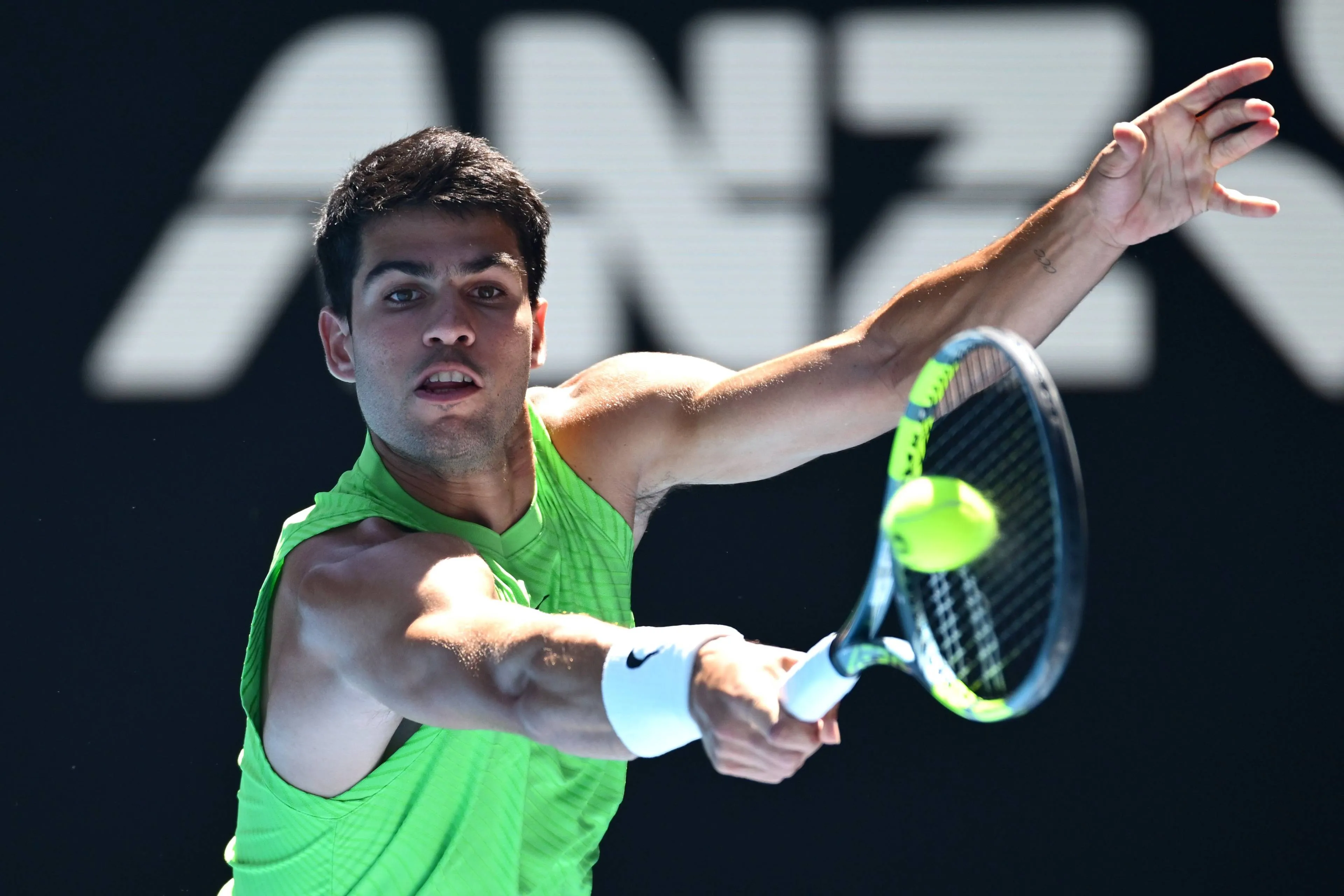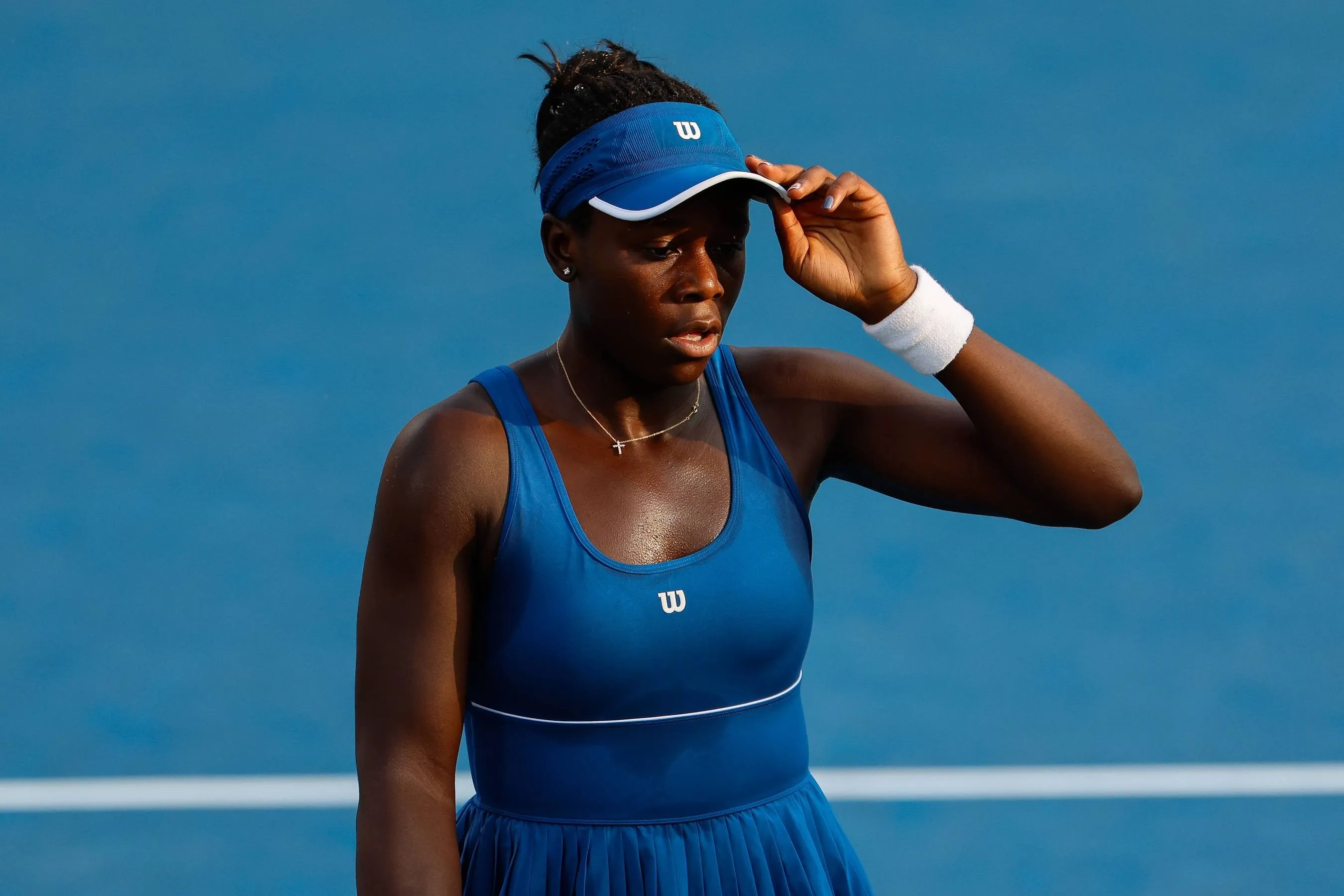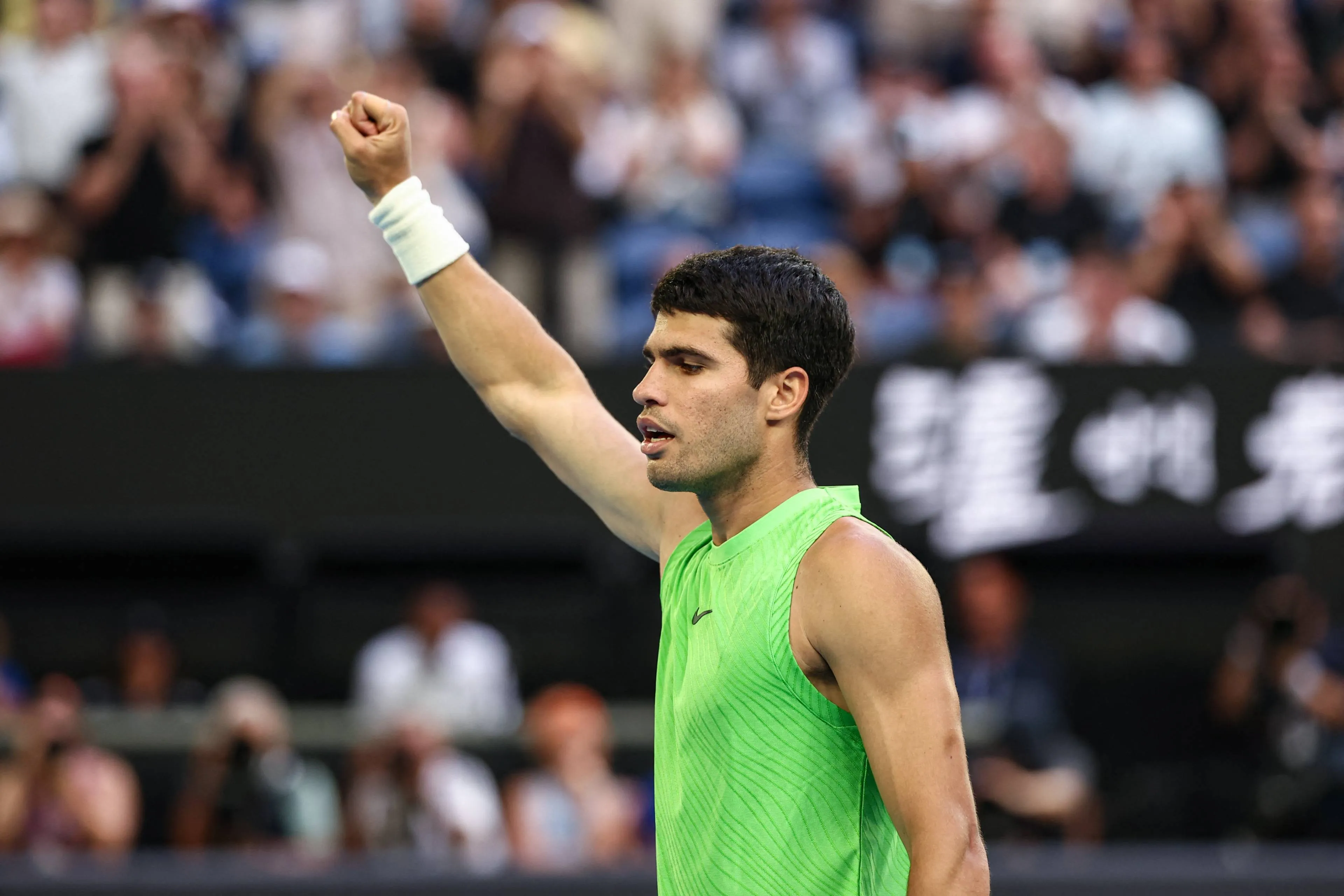'Main Issue' With Swiatek's And Sinner's Doping Cases Difference In 'Speed' Says Rusedski
NewsSaturday, 30 November 2024 at 15:00

Iga Swiatek's doping case stunned the tennis world, with many seeing similarities between hers and Jannik Sinner's doping case.
When Jannik Sinner, who is currently the World No. 1 player on the ATP Tour, tested positive for a banned substance, clostebol, earlier this year and avoided a suspension, many fellow players and fans were stunned by that decision.
On top of that, many were surprised that the case was kept secret until it was finally made public. The same process happened in Swiatek's case, as she received "only" a one-month suspension, and her case was dealt with also very quickly.
That is in contrast with the likes of Tara Moore or Simona Halep, who even published a statement about Swiatek's doping case. Those players had to wait well over a year to finally be cleared to play again.
That is one of the main reasons why also, after Swiatek's case was published, many started questioning the transparency and integrity of the processes that the International Tennis Integrity Agency (ITIA) employs.
Greg Rusedski, who is a former World No. 4 on the ATP Tour and currently works as a pundit, chimed in on the matter, explaining that according to him, the main issue with Sinner's and Swiatek's cases was the speed that they were dealt with.
While other players had to wait many, many months to get their cases resolved, these two players escaped almost without any punishment in the eyes of many.
"I think the main issue is the speed of dealing with the positive tests. Other players have been in the same situation and it has not been dealt with in the same manner. As an athlete under WADA, you are 100% liable no matter how you are contaminated."
One of the fans responded to Rusedski, asking the former ATP player whether he read the decision in Swiatek's case, explaining that why the process was so fast was the Polish player's ability to identify contamination quickly.
Read also
While the former British player agreed that the speed in which the former World No. 1 was able to identify the contamination might have helped, he reminded that was the case also because of her position, which allowed her to hire the best team and the best lawyers.
"They were lucky that they found the contamination so quickly. They are very fortunate to be able to afford the best lawyers, labs, and people to help. Should not all professional players have a union that supports them in the same way to have the same procedure and protection?"
While fans, pundits, and also fellow active players can compare doping cases and draw conclusions about what was fair and what was not, there is probably one shared hope that they all have.
Avoiding a positive test is something that every professional athlete hopes to do in their career, mostly because of how Swiatek's and Sinner's cases showed that one can get contaminated without even knowing.
Read also
Loading








